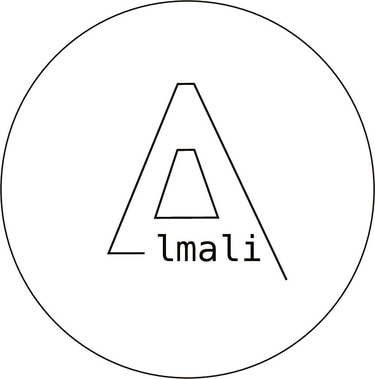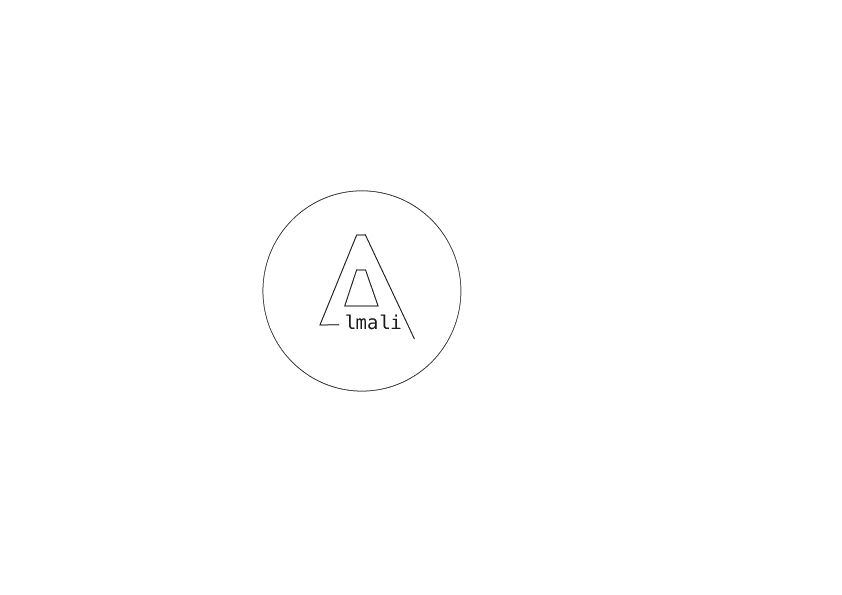How Philosophical Meditation Helps You on Your way to Becoming Your Own Best Friend.
Philosophical meditation offers a path to break free from self-doubt. It is about asking deep, introspective questions to understand yourself, your needs and wants, strengths and weaknesses without judgement and with the compassion of a kind hearted friend. By getting comfortable with your own thoughts, you unlock a deeper connection with yourself, letting go of external validation and finding peace within.
1/2/20244 min read


Had a look on Instagram lately? Maybe a jealous little peak at the Whatsapp status of your ex? Or was it that ad at the bus stop that made you wonder how much a new set of boobies or a six pack might cost at the nearest plastic surgeon? What was it that removed you from embracing yourself, that made you drown in comparisons, that made you lose the skip in your step?
In our fast-paced and interconnected world, it is easy to get caught up in the demands and expectations of others, often neglecting our own well-being and inner peace. In the midst of this chaos, philosophical meditation offers a path to reconnect with ourselves and cultivate a deep sense of self-acceptance, self-compassion, and self-love.
Different from buddhist meditation (I absolutely love it and actually think it is another amazing way of really getting to the bottom of who you are and absolutely loving it), it is a more structured practice that will have you ask yourself very specific questions.
The essence of philosophical meditation are the contemplative practices that encourage deep introspection, critical thinking, and exploration of profound existential questions. It invites us to examine the nature of reality, our place in the world, and the meaning of our existence. Through this form of meditation, we engage with philosophical concepts and ideas, seeking wisdom and insight into the fundamental truths of life.
By doing so, philosophical meditation helps us recognize and embrace our imperfections, vulnerabilities, and flaws without judgment. It allows us to cultivate a compassionate attitude towards ourselves, acknowledging that we are all a work in progress. You simply are who you are right now. That does not mean you cannot be different tomorrow. Being your own best friend begins with self-acceptance. By accepting ourselves as we are, we create an inner space that encourages growth, self-improvement, and a deeper connection with our true selves.
It teaches us to extend the same compassion and understanding we would offer a dear friend to ourselves. You would not bash your friend for being a bit or even very jealous, for not doing their exercise routine, for mistakenly having shouted at their partner after a night of little sleep, for being cranky when they are hungry. You would give them a warm and loving hug and tell them to be kind with themselves. In the same way, philosophical meditation involves developing a gentle and caring attitude towards our own thoughts, emotions, and experiences. By acknowledging our pain, suffering, and challenges, we learn to respond with kindness and provide ourselves the support and comfort we need. This practice of self-compassion allows us to heal, grow, and navigate life's ups and downs with greater resilience.
At the heart of being your own best friend lies self-love—a profound and unconditional friendship with oneself. Philosophical meditation guides us to recognize our inherent worth, appreciate our unique qualities, and celebrate our individual journey. By developing a genuine love and acceptance of ourselves, we become less dependent on external validation and more grounded in our own inner resources. This self-love empowers us to make choices aligned with our values, pursue our passions, and live authentically.
To become good at it, we need moments of solitude, moments with this new best friend, moments of intimacy in which we are getting to know and love ourselves. By intentionally carving out time for self-reflection, introspection, and contemplation, we create space for deepening our relationship with ourselves. Solitude allows us to engage in meaningful conversations with our inner thoughts and beliefs, unraveling the layers of our consciousness and gaining clarity about our desires, fears, and aspirations. Through this process, we develop a more profound connection with our inner wisdom and intuition.
To integrate philosophical meditation into our daily lives, we can incorporate simple practices. Regular journaling, engaging with philosophical texts, and dedicating time to silent contemplation can help us deepen our understanding of ourselves and the world. Additionally, incorporating mindfulness and self-reflection exercises into our routines can aid in cultivating self-awareness and a more compassionate relationship with ourselves. Please see below for a classical script of questions to ask yourself.
By engaging in introspection, embracing solitude, and nurturing a kind and understanding relationship with ourselves, we unlock the transformative power of philosophical meditation. Through this journey, we cultivate a deep sense of inner peace, authenticity, and resilience, ultimately enriching our lives and fostering a greater connection with the world around us.
Imagine the life you could create as your own best friends!
Practical Example
Life would be nothing without its practicalities and all new habits cannot become one without its good practice. To dive into philosophical meditation, set aside a space and time every day that seems practical to you. If you skip one day because life sometimes happens, do not fret about it and waste energy. Just remember, you are in the process of becoming your own best friend. So just get back to it.
To meditate in the philosophical way, you do not sit in complete silence but rather ponder important questions, probing into your self of the day, bit by bit allowing you to gain deeper insight into who you are and what moves, bothers and excites you.
The answers to all of the questions you ask yourself will vary frequently but in time and by practicing with consistency, you will find that thread that runs through them, get to know your essence, your soul and its fears and wishes if you so wish.
It is fundamental to keep in mind that everything is allowed. There is no wrong or right and I am going to let you into a secret; this time there is no one watching.
Be kind and loving with yourself. Imagine yourself as this warmhearted, all loving observer. You become your own loving parent, watching, as you learn to walk. With kind eyes. With a helping hand but most of all, lovingly observing, learning, getting to know this being in front of you, inside you.
The three big questions are;
What am I anxious about? This is essentially you looking into your private crystal bole and the answers to this question will tell you your fears for the future.
What am I upset about? By answering this question you give yourself the room to be all the many things we often prefer not to see; how fragile we are, how hurt we are by seemingly small things, how very much we suffer at times underneath the cool, calm and collected surface. The side of us that we typically reserve for those closest to us, such as ourselves.
What am I excited about? This is your area for growth, this is where your potential for happiness lies. By listening to the answers you give to yourself, you open up a door to possibilities.
Whatever the answers might be, let it be. It is all yours, your gift to yourself, your new best friend.

